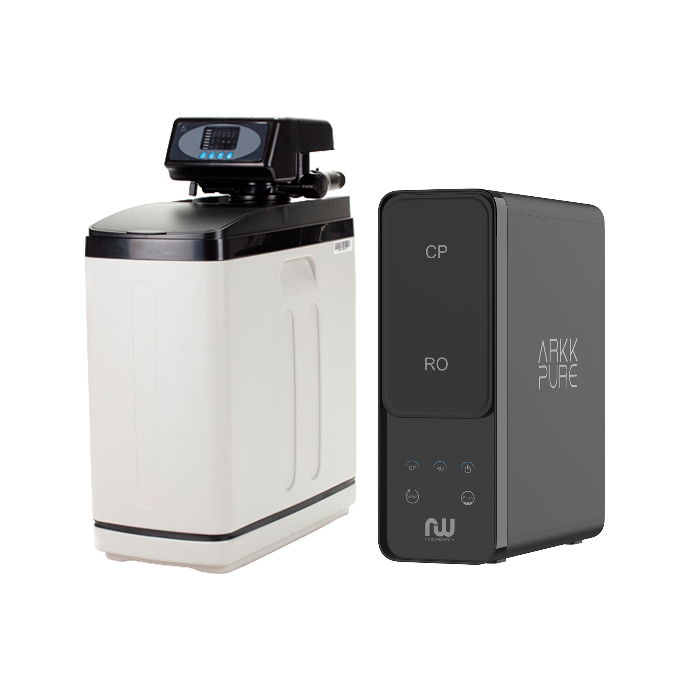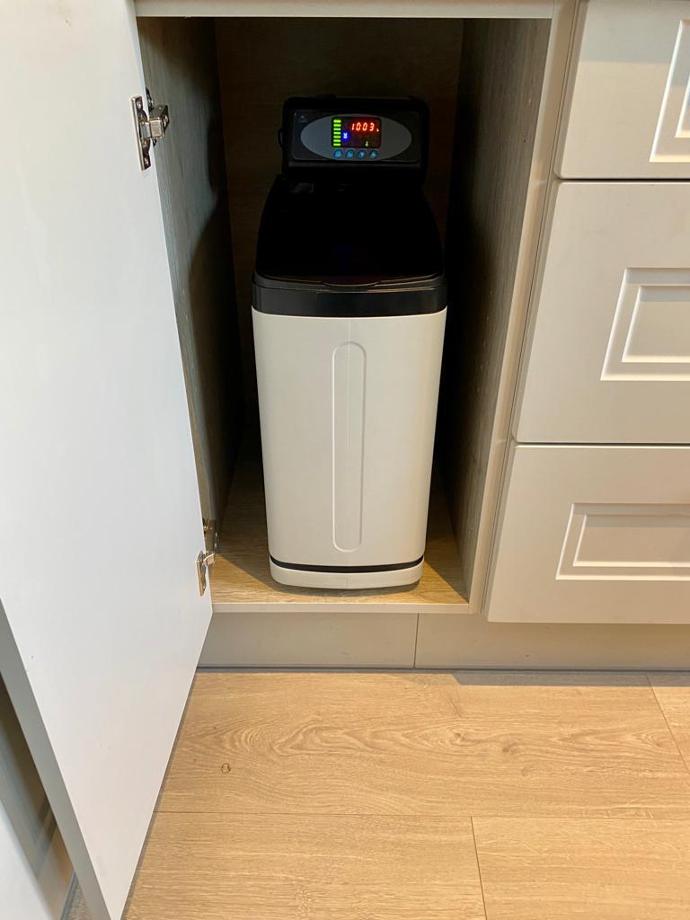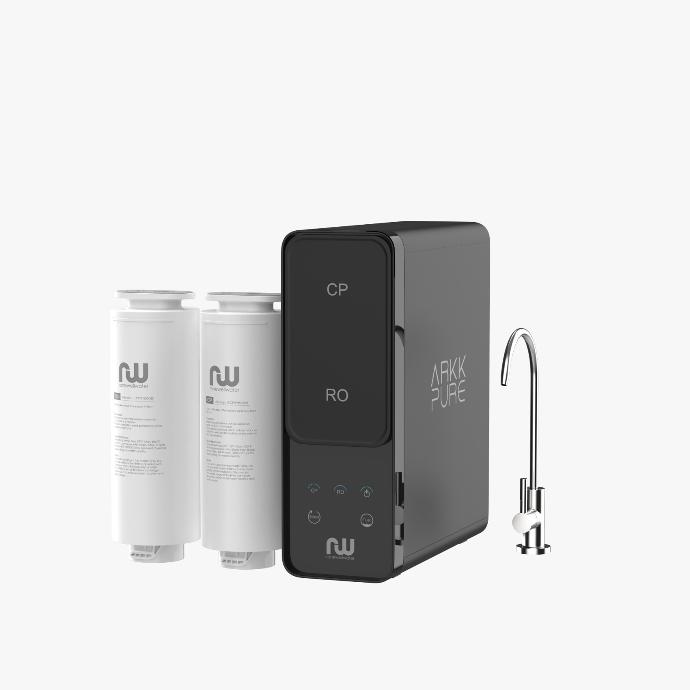Understanding the Differences Between Water Softeners and RO Systems
In the realm of water treatment, two key players, water softeners and reverse osmosis (RO) systems, serve distinct purposes in addressing different water quality concerns. While they share the goal of enhancing water purity, their mechanisms and applications differ significantly. In this comprehensive blog, we'll unravel the disparities between water softeners and RO systems, shedding light on their functionalities, benefits, and ideal usage scenarios.


Water Softeners:
Water softeners primarily target the issue of hard water, which is characterized by high mineral content, particularly calcium and magnesium. The water softening process involves an ion exchange, where calcium and magnesium ions are replaced with sodium ions, effectively reducing the water's hardness. This helps prevent scale buildup in pipes, appliances, and plumbing fixtures, improving their longevity and efficiency.
Reverse Osmosis Systems:
RO systems, on the other hand, focus on the comprehensive purification of water, aiming to eliminate various impurities, contaminants, and particles. Through a semipermeable membrane, RO systems remove a wide range of substances, including bacteria, viruses, heavy metals, and dissolved solids, ensuring that the water is free from pollutants and safe for consumption. This process results in exceptionally pure water with improved taste, odor, and clarity.

Distinguishing Factors:
Functionality:
While water softeners primarily target the reduction of water hardness, RO systems aim to purify water by eliminating a broader spectrum of contaminants and impurities.
Mineral Retention:
Water softeners may not affect the mineral content significantly, while RO systems can remove both harmful contaminants and beneficial minerals, necessitating additional mineralization processes.
Usage Scenarios:
Water softeners are ideal for areas with prevalent hard water issues, while RO systems are suitable for households or areas with specific concerns about water purity and safety.
Optimizing Water Treatment Solutions:
Understanding the distinctions between water softeners and RO systems is crucial for selecting the appropriate water treatment solution that best aligns with your specific water quality needs. By identifying your primary concerns, whether related to water hardness or overall water purity, you can make informed decisions to ensure that your water is not only safe and clean but also conducive to a healthy and functional living environment.
Differences Between Water Softener And An RO System?